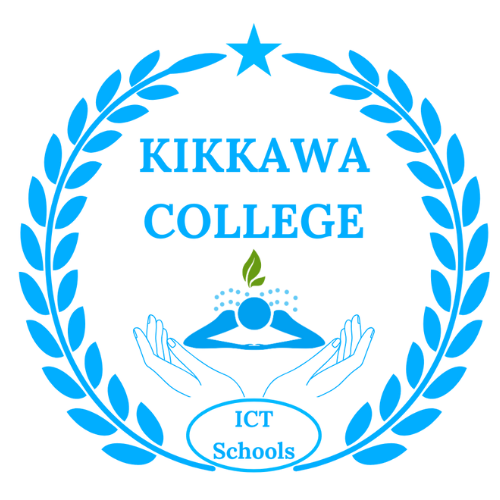Medical billing is a cornerstone of healthcare administration that ensures providers get paid and patients’ insurance benefits are properly managed. For Medical Office Administrators (MOAs), mastering billing and insurance claims processing is essential to keeping clinics financially healthy and compliant with regulations.
The Basics of Medical Billing
Medical billing involves translating healthcare services into standardized codes that insurance companies use to process claims. MOAs must be familiar with coding systems like ICD-10 and CPT to accurately submit claims. Errors in billing can cause claim denials, delayed payments, or even audits.
Understanding Insurance Plans
MOAs need to understand different types of insurance coverage, including private plans, provincial health benefits, and third-party payers. This knowledge helps them verify patient eligibility, explain benefits, and manage co-payments.
Handling Claims and Follow-Ups
Submitting claims electronically through software systems speeds up processing, but MOAs also must track unpaid or denied claims and communicate with insurers to resolve issues promptly. Attention to detail and strong organizational skills are critical here.
Learning Billing at ICT Schools
ICT Schools’ Medical Office Administration Diploma provides students with comprehensive training in medical billing, insurance procedures, and software used in clinics. Real-world simulations prepare students for the complexities they’ll face on the job.
Why It Matters
Efficient billing and claims management reduce administrative burdens, improve cash flow, and enhance patient satisfaction by minimizing billing errors. Skilled MOAs help clinics run smoothly and maintain financial stability.






